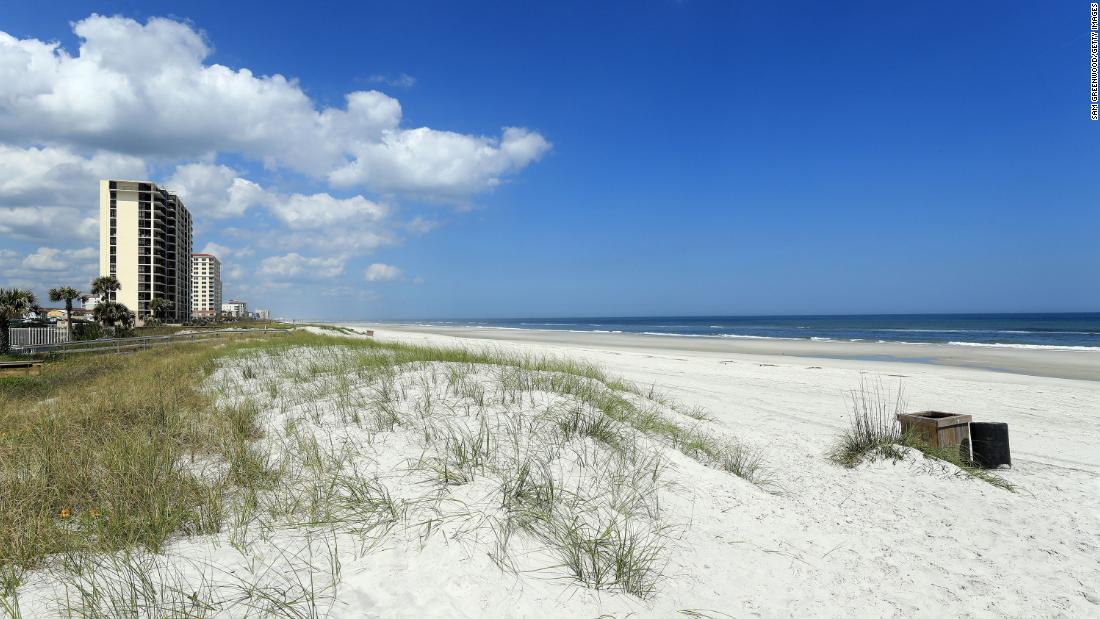Not in the last 50 years. The last 'flu pandemic was H1N1 (Mexico), last one before that was in the 60s. There are all sorts of seasonal 'flus, of course.
The 1997 H3N2 outbreak originated in China as did the H5N1 outbreak of 2003.
I'd argue developing nukes is easier than having efficient, complex, public health systems. The reason lots of countries have complex public health systems but not nukes is that public health systems are useful to them and nukes aren't.
We're not talking about having efficient, complex public health systems in accordance with 21st Century standards. Note I said "nuclear age". That, bare minimum, is
1950's standards, and that's not just about health care systems per se but rather the capacity and willingness of a government to gather, compile, analyze, and share information, least of all about potentially-global health risks.
The United States and Soviet Union were capable of communicating and sharing research, data, samples, and experimental findings to combat and globally eradicate polio, smack dab in the middle of the age of brinkmanship. China damn sure ought be capable of at least admitting the existence of a highly-infectious respiratory infection about which they knew for two months
before it broke containment and spread to other countries.
Sure, and I guess Liberia should have eight of the world's largest pharmaceutical firms, too.
When Liberia has the second largest national GDP in the world which accounts for 15% of global GDP, we can have a conversation about Liberia.
And Liberia still had a prompter, more organizationally competent, response to the 2014 ebola outbreak than China did COVID-19, and maintained transparency and accountability while participating internationally and requesting aid.
How is it in the financial interest of the WHO to risk offending its biggest donor, and overseeing a failure that may adversely affect it's entire membership?
Well that's rather a good question and I suppose we're about to find out, won't we.
Of a sort, yes. But not necessarily the data the WHO urgently needs at a certain place and time. Much like people in a building with a gas leak need to be a lot more concerned about how much gas there and what to do about it than finding out which technician last checked the gas main.
No, that's exactly the data the WHO needs most of all. Much like people in a building with a gas leak need to be a lot more concerned about the person telling them there's nothing wrong, that they should act as normal, and who won't let them leave, than they do about how much gas there is and where.





